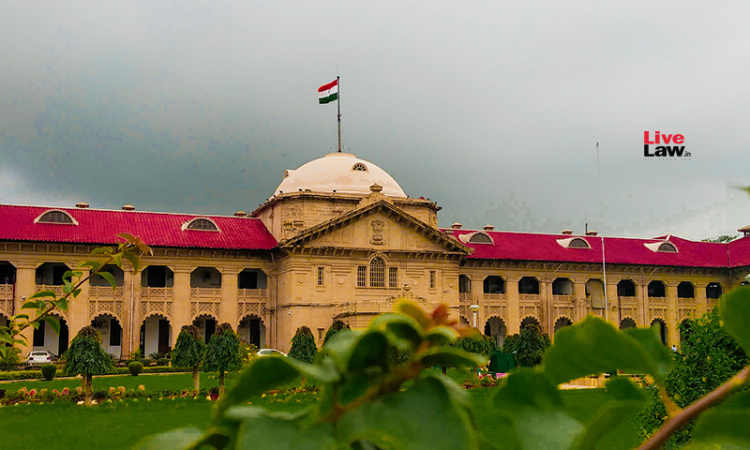The Allahabad High Court has observed that once the Magistrate has taken cognizance for offences under certain sections/offences, it has no power to review its own order for dropping section(s) from the cognizance order.The Bench of Justice Raj Beer Singh observed thus as it upheld an order of the magistrate rejecting an application filed by the accused/petitioner to withdraw cognizance order...

